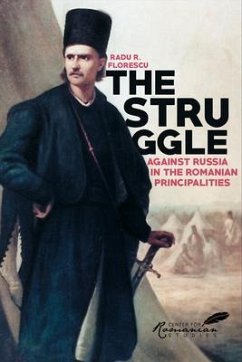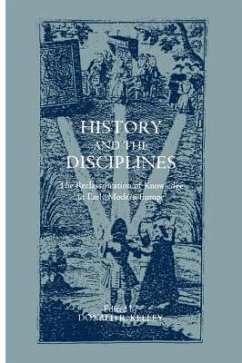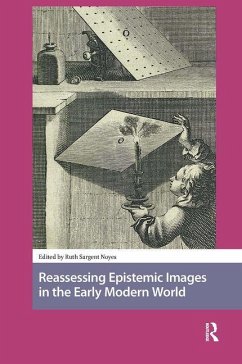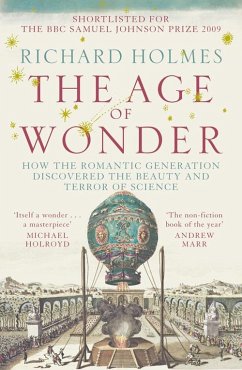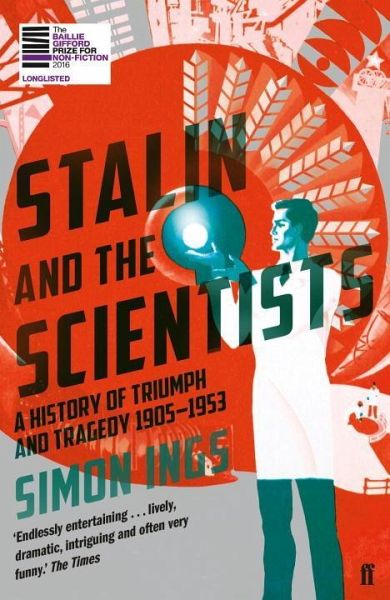
Stalin and the Scientists
A History of Triumph and Tragedy 1905-1953

PAYBACK Punkte
11 °P sammeln!
LONGLISTED FOR THE BAILLIE GIFFORD PRIZE FOR NON-FICTIONWar-torn, unstable and virtually bankrupt, revolutionary Russia tried to light its way to the future with the fitful glow of science. It succeeded through terror, folly and crime - but also through courage, imagination and even genius. Stalin believed that science should serve the state and with many disciplines having virtually unlimited funds, by the time of his death in 1953, the Soviet Union boasted the largest and best-funded scientific establishment in history - at once the glory and the laughing stock of the intellectual world. The...
LONGLISTED FOR THE BAILLIE GIFFORD PRIZE FOR NON-FICTION
War-torn, unstable and virtually bankrupt, revolutionary Russia tried to light its way to the future with the fitful glow of science. It succeeded through terror, folly and crime - but also through courage, imagination and even genius. Stalin believed that science should serve the state and with many disciplines having virtually unlimited funds, by the time of his death in 1953, the Soviet Union boasted the largest and best-funded scientific establishment in history - at once the glory and the laughing stock of the intellectual world. The human cost of this peculiar marriage between the state and its scientists was horrendous, yet, in Stalin and the Scientists, Simon Ings makes clear what Soviet science has done for us.
War-torn, unstable and virtually bankrupt, revolutionary Russia tried to light its way to the future with the fitful glow of science. It succeeded through terror, folly and crime - but also through courage, imagination and even genius. Stalin believed that science should serve the state and with many disciplines having virtually unlimited funds, by the time of his death in 1953, the Soviet Union boasted the largest and best-funded scientific establishment in history - at once the glory and the laughing stock of the intellectual world. The human cost of this peculiar marriage between the state and its scientists was horrendous, yet, in Stalin and the Scientists, Simon Ings makes clear what Soviet science has done for us.




